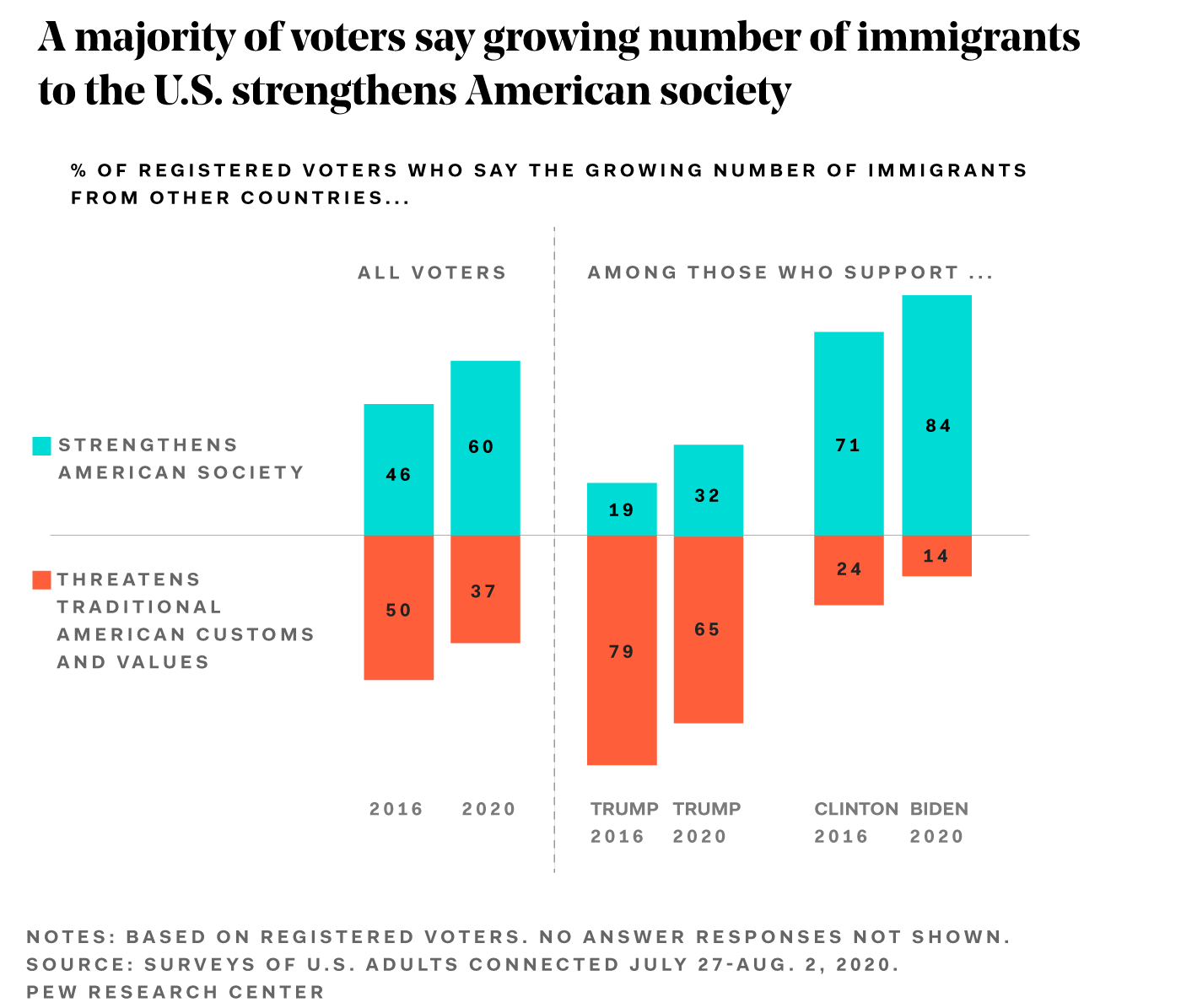Uterus Transplantation: A New Pathway To Parenthood For Transgender Women?

Table of Contents
The Science Behind Uterus Transplantation
Uterine transplantation surgery is a highly specialized and intricate procedure.
The Procedure
The process involves a meticulous selection of a suitable donor, typically a woman who has completed childbearing. The donor's uterus is surgically removed and transplanted into the recipient, a transgender woman. The procedure necessitates the use of immunosuppressant drugs to prevent the recipient's body from rejecting the transplanted organ. This is a significant undertaking, requiring a multidisciplinary team of surgeons, immunologists, and fertility specialists.
- Challenges: Uterus transplantation faces numerous challenges. The surgery is incredibly complex, with a high risk of complications including rejection of the transplanted uterus, infection, and bleeding. The long-term success rates, while improving, are still relatively low.
- Successes and Limitations: While successful pregnancies following uterus transplantation have been reported, the procedure remains experimental and limited in its availability. The number of successful live births following uterine transplantation remains relatively small, highlighting the ongoing need for further research and refinement of techniques.
- Long-Term Health Implications: Both the recipient and the donor face potential long-term health implications. The recipient requires lifelong immunosuppression, increasing vulnerability to infections. The donor may experience complications related to the surgery itself, as well as potential psychological effects.
Ethical and Social Considerations of Uterus Transplantation for Transgender Women
The prospect of uterus transplantation for transgender women raises profound ethical and social considerations.
Ethical Implications
The ethical debates surrounding uterus transplantation are multifaceted. Issues of informed consent, particularly regarding the potential risks and long-term implications for both recipient and donor, are paramount. Rigorous ethical review boards are crucial in ensuring that the procedure is undertaken responsibly and without exploitation.
- Psychological Impact: The psychological impact on both the recipient and the donor must be carefully considered. For the recipient, the emotional burden of undergoing a complex surgical procedure with uncertain outcomes is significant. The donor, too, may experience emotional challenges.
- Societal Implications and Biases: Societal attitudes toward transgender individuals and parenthood play a crucial role in shaping the ethical landscape of uterus transplantation. Addressing existing biases and ensuring equitable access to healthcare are essential components of ethical consideration.
- Accessibility and Affordability: The high cost of uterus transplantation and its limited availability create significant barriers to access for many transgender women. Ensuring equitable access is a major ethical concern.
Current Research and Future Directions
Significant advances are continuously being made in the field of uterus transplantation.
Advances in Uterus Transplantation
Researchers are actively pursuing improvements in surgical techniques, immunosuppression protocols, and related technologies to enhance the success rates and expand access to this procedure.
- Ongoing Clinical Trials: Numerous clinical trials are underway worldwide, exploring new approaches to improve transplantation outcomes and minimize risks.
- Innovative Technologies: 3D printing and other advanced technologies are showing promise in improving surgical precision and the design of biocompatible materials to reduce rejection risk.
- Improved Donor Availability: Research into alternative donor sources and improved organ preservation techniques aims to address the current limitations in donor availability.
Alternative Pathways to Parenthood for Transgender Women
Uterus transplantation is not the only pathway to parenthood for transgender women.
Exploring Options
Several alternative options exist, each with its own set of advantages and disadvantages.
- Adoption: Adoption offers a fulfilling path to parenthood for many transgender women, providing a loving home for children in need.
- Fostering: Fostering allows transgender women to provide temporary care for children, potentially leading to adoption.
- Surrogacy: Surrogacy involves another woman carrying a pregnancy on behalf of the intended parents. This requires careful legal and ethical considerations.
Comparing these options to uterus transplantation involves weighing the complexities, costs, and emotional investment associated with each pathway.
Conclusion
Uterus transplantation presents a potentially transformative pathway to biological parenthood for transgender women. However, its feasibility is currently limited by surgical challenges, ethical considerations, and accessibility issues. While successful pregnancies have been achieved, further research is crucial to improve success rates, reduce risks, and address ethical concerns. Alternative routes to parenthood, such as adoption, fostering, and surrogacy, remain important and viable choices. The future of uterus transplant and transgender parenthood requires ongoing research, open discussion, and a commitment to ensuring equitable access to reproductive healthcare for all. The advancement of uterus transplant technology, alongside broader discussions on reproductive rights and transgender inclusion, holds the key to unlocking more options for those seeking to build families.

Featured Posts
-
 Ray Epps V Fox News A Deep Dive Into The Jan 6th Defamation Lawsuit
May 10, 2025
Ray Epps V Fox News A Deep Dive Into The Jan 6th Defamation Lawsuit
May 10, 2025 -
 Trumps Dc Prosecutor Pick Jeanine Pirro And Fox Newss Role
May 10, 2025
Trumps Dc Prosecutor Pick Jeanine Pirro And Fox Newss Role
May 10, 2025 -
 Impact Of Trumps Policies On The Transgender Community Your Voice Matters
May 10, 2025
Impact Of Trumps Policies On The Transgender Community Your Voice Matters
May 10, 2025 -
 Donnez Vos Cheveux A Dijon Un Geste Solidaire
May 10, 2025
Donnez Vos Cheveux A Dijon Un Geste Solidaire
May 10, 2025 -
 Dangotes Influence On Nnpc Petrol Prices A Thisdaylive Analysis
May 10, 2025
Dangotes Influence On Nnpc Petrol Prices A Thisdaylive Analysis
May 10, 2025
